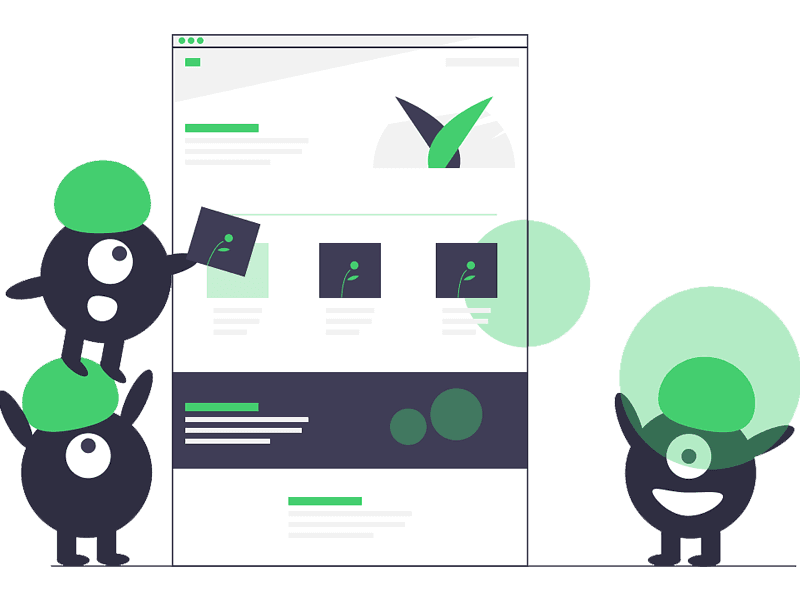Decentralized AI Platforms

Empowering Collaboration and Trust through AI and Blockchain Integration
Decentralized AI Platforms have emerged as innovative solutions that leverage the power of AI (Artificial Intelligence) and blockchain technology to create collaborative and transparent ecosystems for AI development and deployment. These platforms enable the sharing of AI models, data, and computational resources in a decentralized manner, fostering trust, privacy, and efficiency while advancing AI research and applications.
Decentralized AI Platforms serve as online environments where AI developers, researchers, and organizations can collaborate, share resources, and deploy AI models. These platforms enable the creation and exchange of AI models, training data, and computational power, allowing participants to collectively solve complex AI problems. By distributing the AI infrastructure and decision-making across a network of participants, decentralized AI platforms promote transparency, and innovation.
The integration of blockchain technology into decentralized AI platforms provides several advantages, enhancing trust, privacy, and efficiency in AI development and deployment:
-
Trust and Transparency: Blockchain's decentralized and transparent nature fosters trust among participants in decentralized AI platforms. All transactions, including model sharing, data exchange, and resource allocation, can be recorded on the blockchain, creating an auditable and tamper-proof history of interactions. This transparency ensures accountability, traceability, and verifiability, enhancing the trustworthiness of the platform.
-
Data Privacy and Security: Blockchain enables the secure exchange and storage of AI training data in decentralized AI platforms. Data can be encrypted, hashed, and distributed across the blockchain network, ensuring privacy and mitigating the risk of unauthorized access or data breaches. Participants retain control over their data while being able to share it securely with selected parties for collaborative AI development.
-
Decentralized Governance and Consensus: Blockchain-based governance models empower participants in decentralized AI platforms to collectively make decisions and shape the platform's rules and protocols. Consensus mechanisms, such as proof-of-stake or proof-of-authority, ensure that decisions are made in a decentralized and democratic manner. This enables fair resource allocation, dispute resolution, and the evolution of the platform based on the consensus of its participants.
-
Resource Sharing and Incentives: Blockchain integration enables efficient resource sharing in decentralized AI platforms. Participants can contribute their computational resources, such as processing power or storage, to the platform and be rewarded with blockchain-based tokens or incentives. Smart contracts can automate and enforce fair resource sharing, ensuring that contributors are appropriately compensated for their contributions.
-
Intellectual Property Protection: Blockchain's immutability and timestamping capabilities provide a reliable mechanism for protecting intellectual property rights in decentralized AI platforms. Participants can timestamp their AI models, research findings, or contributions on the blockchain, establishing proof of ownership and prior existence. This feature facilitates fair attribution, intellectual property protection, and promotes responsible AI development.
Decentralized AI Platforms, empowered by the integration of AI and blockchain, offer a collaborative, transparent, and secure environment for AI development and deployment. By leveraging blockchain's decentralized governance, trust, and privacy features, these platforms enable participants to share AI models, data, and resources in a manner that promotes inclusivity, innovation, and responsible AI practices. Decentralized AI platforms have the potential to transform the AI landscape by fostering collaboration, trust, and advancements in AI research and applications.